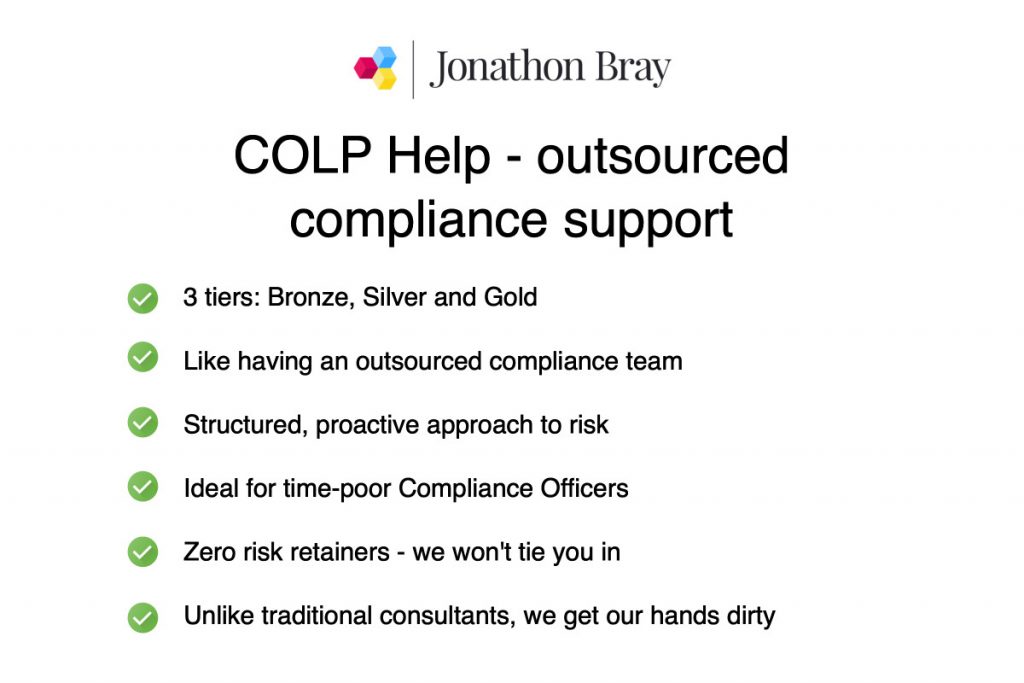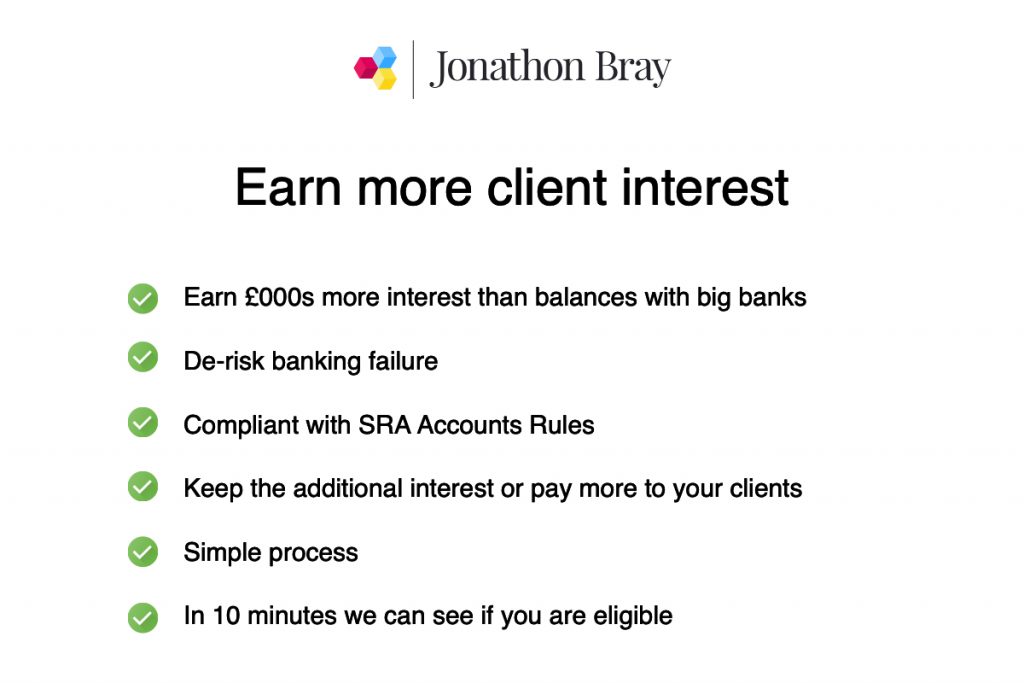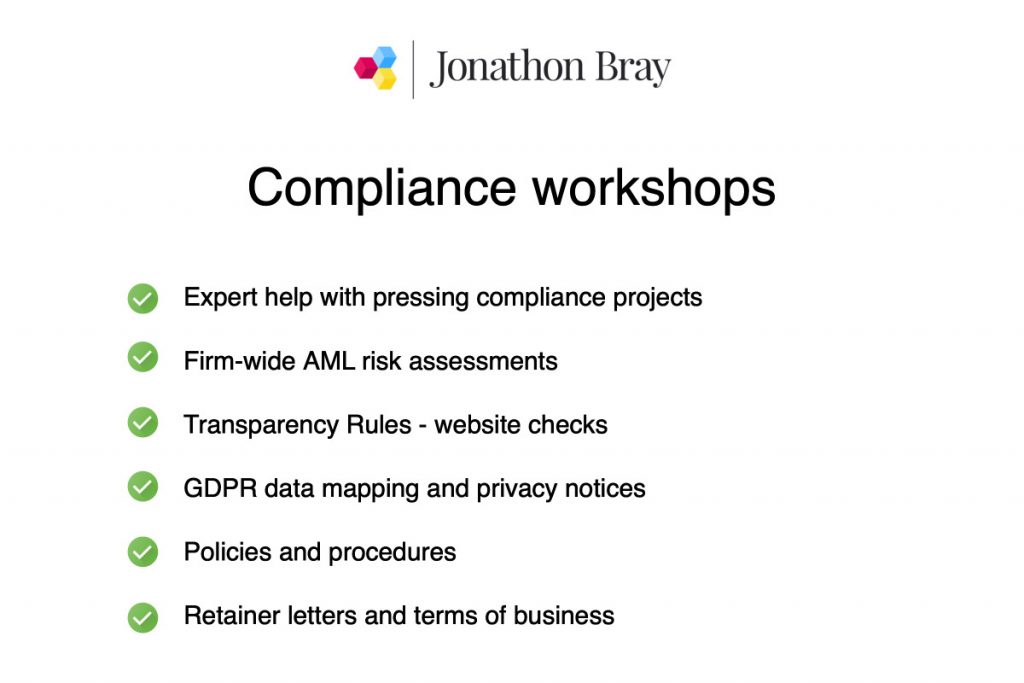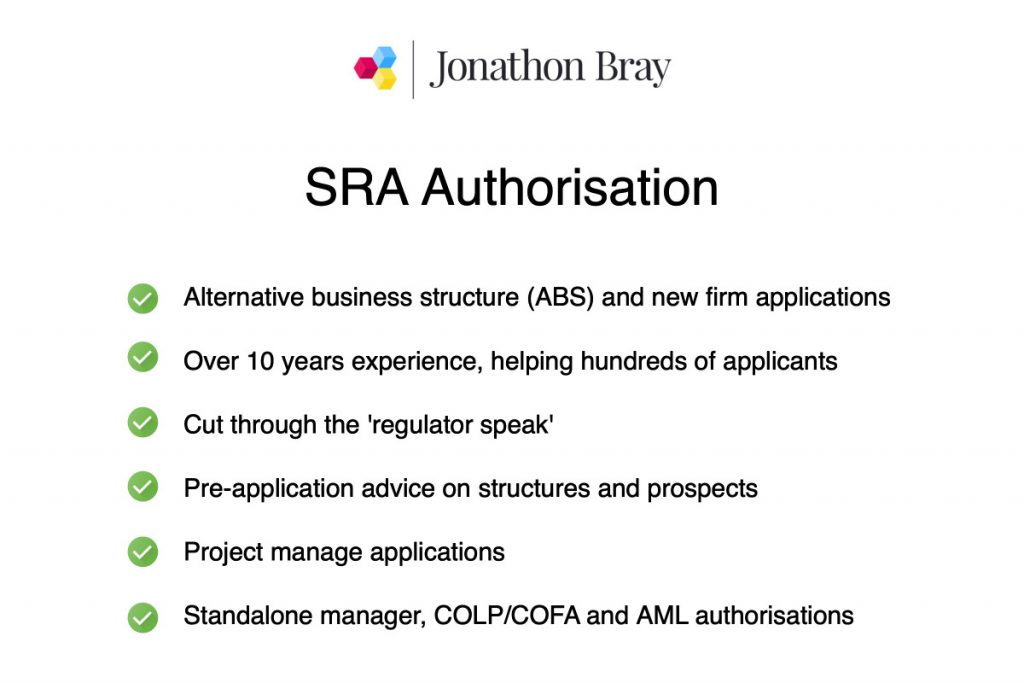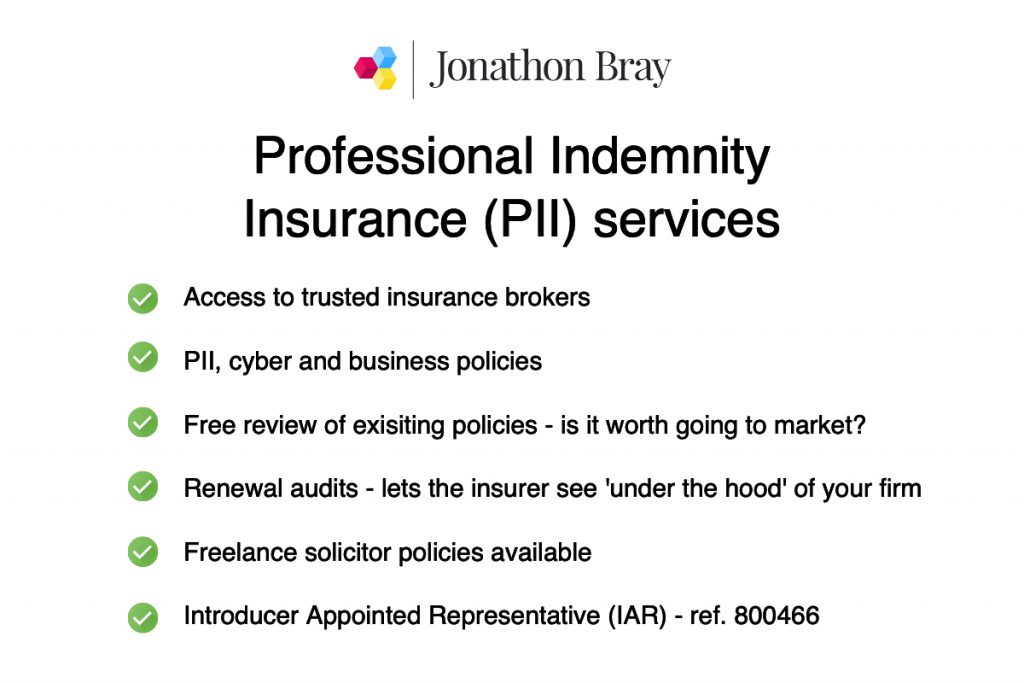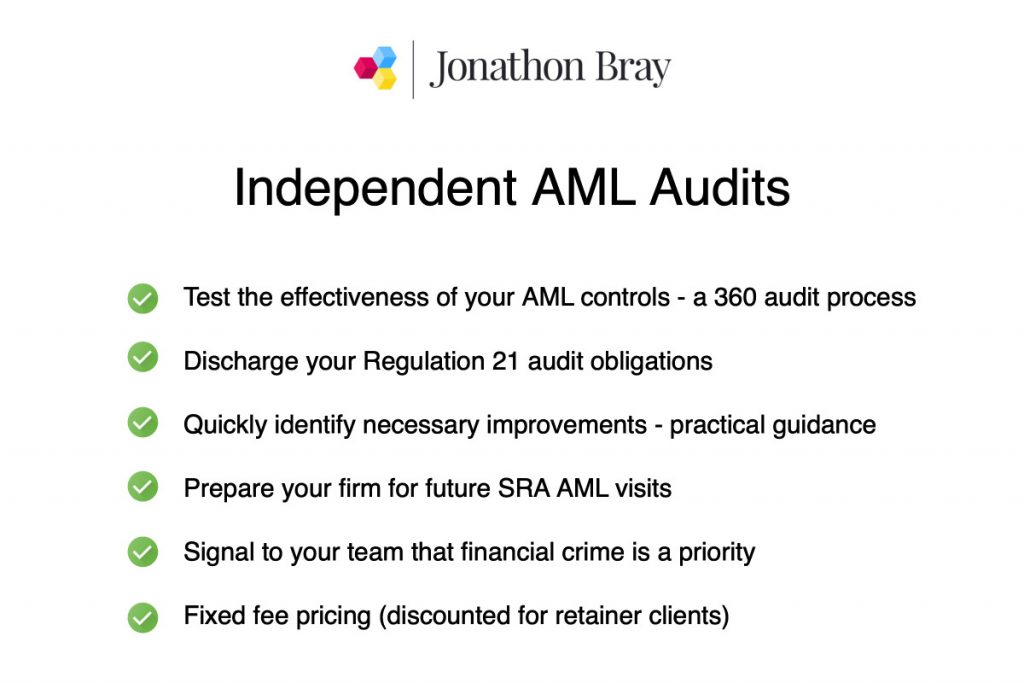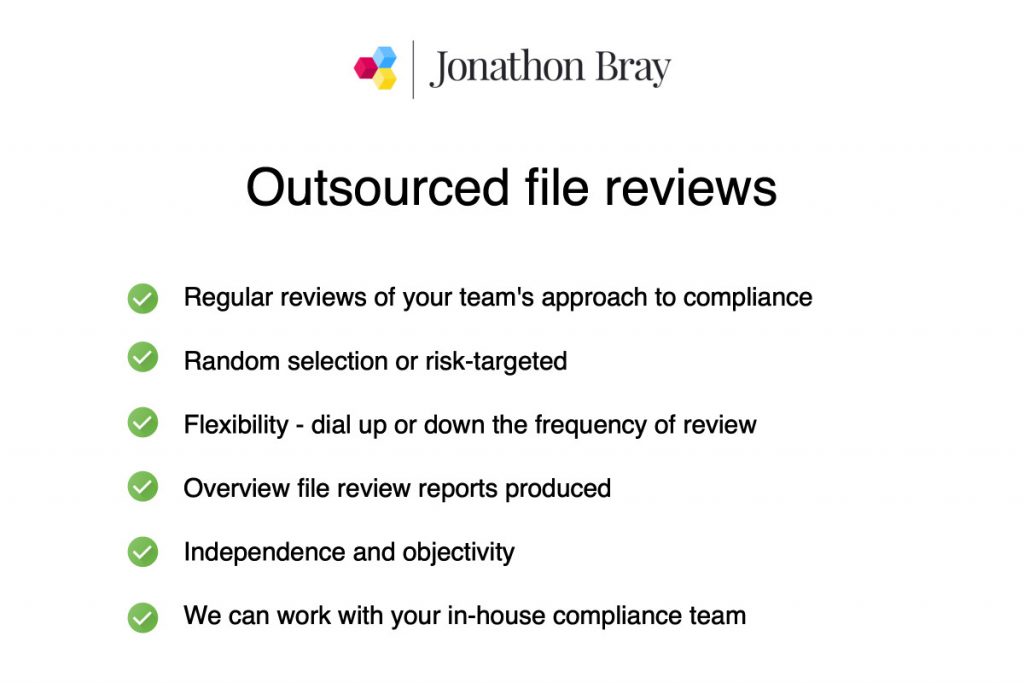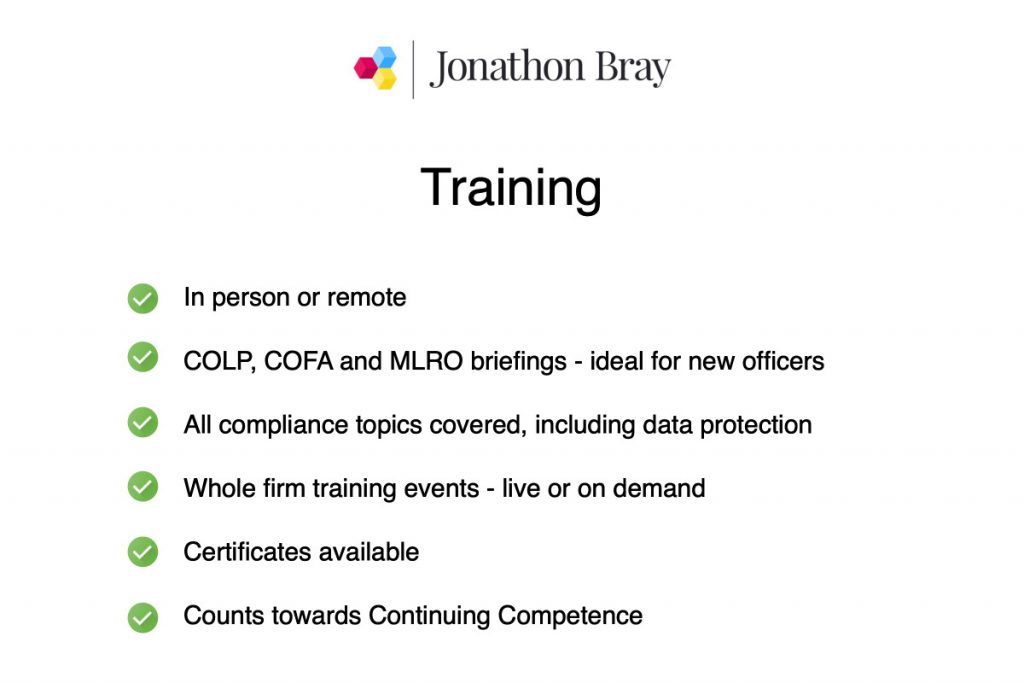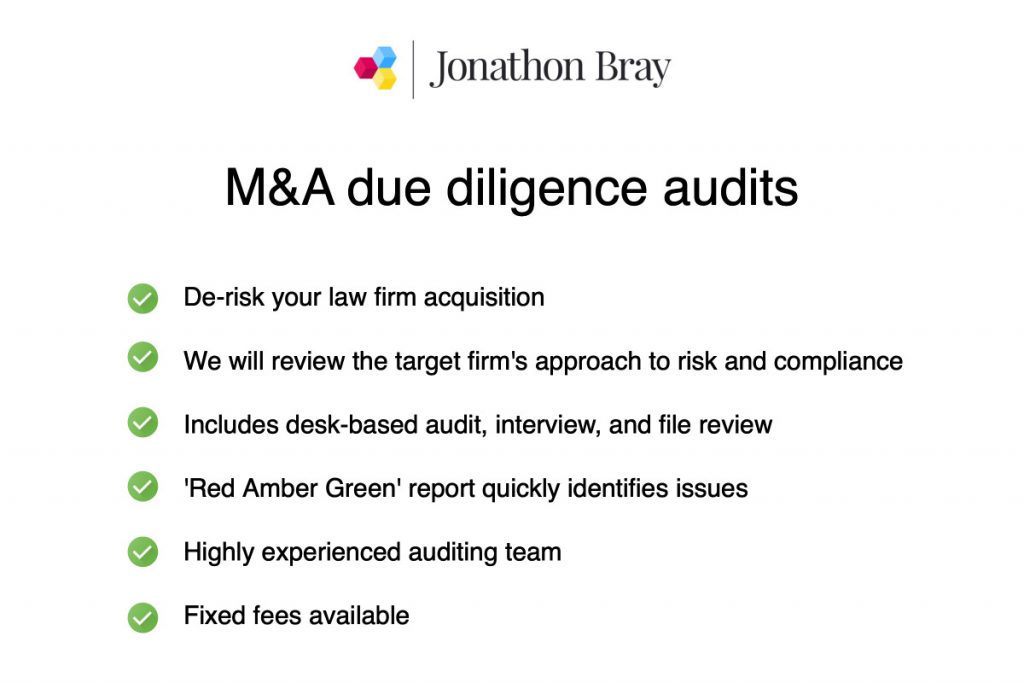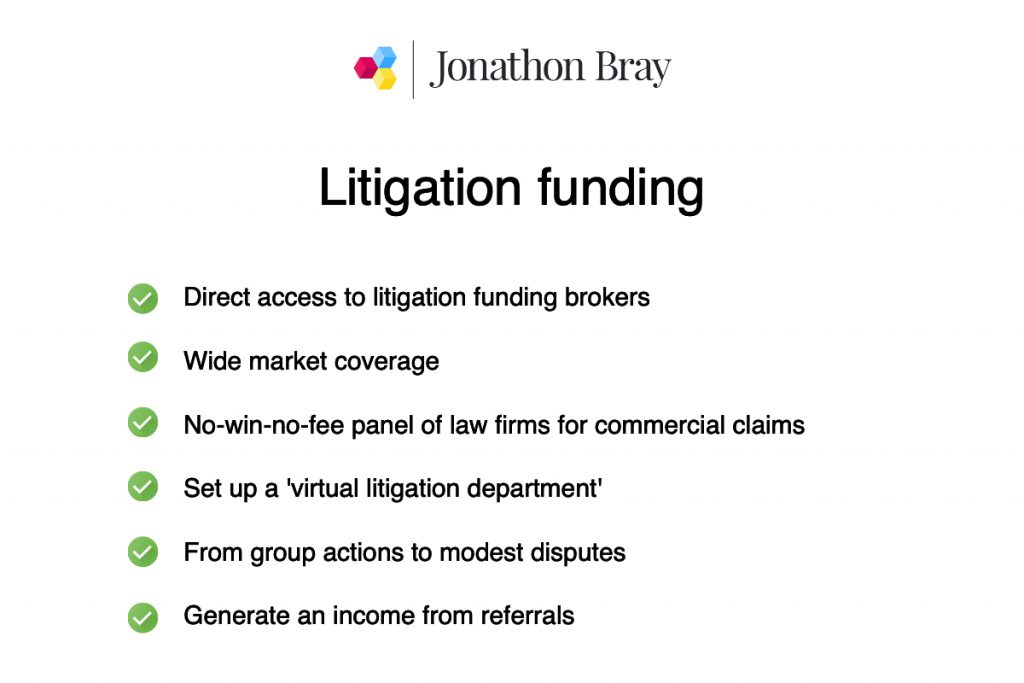Welcome to this edition of our newsletter, where we delve into the world of legal regulation, compliance and ethics.
In this issue, we spotlight the Dentons SDT case and its implications for regulatory enforcement within the legal industry. As the landscape of Anti-Money Laundering (AML) enforcement evolves, we explore the effectiveness and direction of the Solicitors Regulation Authority’s strategies amidst a wave of AML fines affecting a broad spectrum of law firms.
We also bring you comprehensive coverage from the recent Legal Services Board conference, focusing on the pressing need for ethics, trust, consumer-oriented services, and the integration of AI into the legal profession. The conference’s discussions, particularly on the aftermath of the Post Office Horizon scandal, offer valuable lessons and calls to action for fostering a human-centered approach to legal services.
On the AML front, we summarise the important SRA sectoral risk assessment and the emerging financial crime risks identified by the regulator. Firms need to have regard to this document when completing their internal risk assessments.
As always, the newsletter is packed with the latest updates, guidance, and disciplinary decisions from the SRA, Law Society and other regulatory organisations. We’re committed to keeping you informed and ahead in a rapidly evolving sector.
Thank you for your continued interest and engagement with our newsletter. We look forward to your feedback and to providing you with the information you need to excel in your professional practice.
Don’t forget to register for next week’s insurance distribution webinar. We have over 90 sign-ups at the time of writing, and spaces are limited. See you there.
Warm regards,
Jon and the Team
The Dentons SDT case: A shift in regulatory enforcement?

The recent tribunal decision involving Dentons and the Solicitors Regulation Authority (SRA) has sparked significant discussion within the legal sector, especially in the wake of AML fines imposed on Clyde & Co, Mishcon de Reya and countless other small and medium sized law firms. Are there questions to be asked about the effectiveness and direction of the SRA’s AML enforcement strategies?
LSB conference summary: “Reshaping legal services”
The recent LSB conference on reshaping the legal profession covered important themes such as promoting ethics and trust, understanding consumer needs, and preparing for future challenges, notably those posed by AI advancements.
Highlights included a focus on the Post Office Horizon scandal as a call to action for human-centred legal services. Key discussions also revolved around encouraging ethical responsibility within the legal profession, enhancing regulatory visibility to foster public trust, integrating regulatory and cultural changes, ensuring AI benefits consumers with accountability, and the value of a collaborative approach across the sector.
ICYMI: SRA sanctions risk assessment guidance: What solicitors need to know
 The Solicitors Regulation Authority (SRA) has issued guidance on conducting firm-wide sanctions risk assessments, which sits alongside its general guidance on complying with the UK sanctions regime.
The Solicitors Regulation Authority (SRA) has issued guidance on conducting firm-wide sanctions risk assessments, which sits alongside its general guidance on complying with the UK sanctions regime.
The regulator sees the risk assessment process as an important part of navigating the complex landscape of sanctions compliance. While sanctions are not new, they have come to the fore since the Russian invasion of Ukraine in 2022.
Sanctions compliance is especially important for law firms because, unlike AML, there is no “out of scope” legal work. All firms are caught. Therefore, solicitors have to be aware of their duties in relation to sanctions. Despite this, almost half of firms failed to check whether existing clients are sanctioned, according to the SRA’s annual AML report. Only a fifth of those firms audited by the regulator ran sanctions checks on counterparties, and the vast majority did not know what to do if they came across a sanctioned individual. This has to be improved, says the SRA.
In our recent sanctions webinar (recording link below), we considered these issues in depth.
News and Guidance

SRA Updates
- Sectoral Risk Assessment – Anti-money laundering and terrorist financing – The SRA has updated its sectoral risk assessment as of March 2024, highlighting several emerging risks in the field of anti-money laundering (AML) and counter-terrorist financing (CTF). This update, required by law, is part of the SRA’s ongoing efforts to address and mitigate the evolving threats within the legal sector, ensuring firms are equipped to handle them effectively. It should also provide a trigger to review and update your own firm-wide risk assessment, taking into account the sectoral risks. Emerging risks identified include:
- Vendor fraud: This may involve a fraudster impersonating the seller of a property. It underscores the necessity for rigorous due diligence and identification. See the recent £20k fine handed out to Stephens Wilmot Ltd for real life context.
- Proliferation financing: Whilst the overall risk posed to/by the profession is low, the SRA identifies that firms operating in certain practice areas (e.g. trade finance, aviation, military/defence, commercial contracts) and jurisdictions (those subject to sanctions, known to be seeking to acquire WMDs, or share porous borders with such countries) who pose an elevated risk. Proliferation financing risk assessment is a requirement of the Money Laundering Regulations.
- Technology: Cyber security is becoming increasingly interrelated with the field of AML (“breaches could allow criminals to gain total access to both clients’ sensitive data and the firm’s systems, allowing them to be used for laundering money”). Crowdfunding and new fund transfer technologies are also identified as a risk, potentially lending themselves to greater obfuscation.
- Wider economic pressures: The regulator warns firms that AML duties are a legal requirement and diligence must not falter in an effort to cut overheads. There is no doubt that simply taking on clients has itself become much more expensive as a result of financial crime.
Other notable observations in the SRA sectoral risk assessment include:
- SRA auditors report that the most common AML systems weaknesses are: source of funds checks, lack of independent audits, screening of staff and matter risk assessments.
- Larger firms who use central onboarding teams risks creating a ‘silo’, whereby the lawyer conducting the work is not fully involved in the risk assessment process. See also Why file handlers must spearhead AML risk assessment in law firms.
- Firms are taking an overly simplistic approach to dealing with PEPs. Assumptions about whether a PEP is likely to instruct a firm may not be evidence-based.
- External compliance support can be helpful (well, we like to think so), but firms are warned not to become overly reliant on ‘computer says no’ ID verification systems and to avoid templated approaches to compliance.
- Sham litigation, crypto assets and crowdfunding platforms are identified as high risk areas for the legal profession, in addition to the more obvious services around property and trusts.
- Despite the SRA having been a cheerleader for Third-Party Managed Accounts (TPMAs), these ‘outsourced client accounts’ still pose an AML risk, highlighting the importance of oversight and due diligence in managing these relationships and transactions.
- Sanctions risk is considered as a standalone item for the first time, reflecting the complexities and nuances of adhering to international sanctions regimes, necessitating up-to-date knowledge and compliance systems.
- The risk of modern slavery is highlighted, particularly in relation to cash-intensive businesses.
There is lots of relevant information in this document. If you receive an SRA audit, you will be expected to have used the SRA’s sectoral risk assessment to review your internal firm-wide risk assessment.
- New raft of in-house lawyer guidance (draft) – The SRA has recently unveiled new guidance and resources specifically designed to support in-house solicitors working in England and Wales. This initiative aims to address the unique challenges faced by in-house solicitors and enhance their professional practice. The guidance, which is still in the draft phase and open for feedback until April 19, 2024, covers several key areas:
- Professional Obligations of In-House Solicitors: A new document has been introduced to assist employers in understanding the regulatory duties and standards that in-house solicitors must adhere to. This is part of an effort to facilitate a mutual understanding between solicitors and their employers regarding what in-house solicitors can and cannot do within their roles.
- Handling Internal Investigations and Reporting Wrongdoing: The guidance includes advice on conducting internal investigations and reporting wrongdoing within an organisation. This aspect is particularly important in light of the SRA’s emphasis on the need for in-house solicitors to maintain independence, honesty, and integrity, and not to turn a blind eye to or be complicit in wrongdoing.
- Identifying Your Client When Working In-House: This part of the guidance aims to help in-house solicitors employed by organisations not regulated by the SRA to clearly identify their client, which is a fundamental aspect of fulfilling their professional responsibilities. These resources were developed in response to feedback from the in-house solicitor community and issues identified during the SRA’s 2023 thematic review of working in-house. The initiative also reflects lessons learned from high-profile cases, such as the Post Office scandal, highlighting the critical role of in-house solicitors in upholding legal standards and ethics.
Law Society Updates
- Guide: UK sanctions regime – This new guidance is essential reading for solicitors as it outlines the complexities of dealing with clients subject to sanctions, including criminal offences under the regime, conducting sanctions risk assessments, and obligations for reporting and compliance. It emphasises the importance of understanding sanctions lists, the nuances of the ‘control’ test, and the need for OFSI licensing when dealing with sanctioned clients. Additionally, it discusses the implications of sanctions on high-risk jurisdictions and provides resources for further information. This guidance is crucial for ensuring solicitors navigate the sanctions landscape effectively, maintaining compliance and avoiding legal pitfalls. Read it in conjunction with the SRA guidance (Complying with the UK sanctions regime and Sanctions regime – firm wide risk assessments).
- Press release: More needs to be done to make SLAPPs legislation workable – The Law Society has expressed concerns about the proposed legislation against Strategic Lawsuits Against Public Participation (SLAPPs), highlighting its potential unworkability and unintended consequences. The Society welcomes the bill’s intention but points out areas needing significant modifications, such as defining what constitutes a SLAPP case more clearly and re-drafting the public interest definition. The Society also recommended ensuring the legislation balances the right to privacy with freedom of expression and suggested collaboration with the judiciary and practitioners for effective implementation.
Other Important Updates
- HM Treasury: Improving the effectiveness of the Money Laundering Regulations (Consultation) – The UK Government is consulting on (desperately needed) improvements to the MLRs to enhance their effectiveness while reducing burdens on legitimate customers. This initiative is part of the Economic Crime Plan 2023-26 and addresses issues identified in a previous review, suggesting technical adjustments for better proportionality and effectiveness. The consultation focuses on four main areas: making customer due diligence more effective, enhancing system coordination, clarifying the MLRs’ scope, and reforming the Trust Registration Service’s registration requirements. Have your say: Stakeholders, including regulated businesses, supervisory bodies, and the public, are encouraged to contribute through a consultation document and a parallel survey on compliance costs.
- FATF: Jurisdictions under Increased Monitoring – 23 February 2024 – This report from the Financial Action Task Force (FATF) discusses jurisdictions under increased monitoring, often referred to as the “grey list.” Countries added to the grey list are Kenya and Namibia. Those removed from the grey list are Barbados, Gibraltar, Uganda, and the United Arab Emirates (UAE). These updates reflect changes based on the countries’ efforts to address strategic deficiencies in their regimes to counter money laundering, terrorist financing, and proliferation financing.
The list of countries under increased FATF monitoring (and therefore should be treated with caution) is now: Bulgaria, Burkina Faso, Cameroon, Democratic Republic of the Congo, Croatia, Haiti, Jamaica, Kenya, Mali, Mozambique, Namibia, Nigeria, Philippines, Senegal, South Africa, South Sudan, Syria, Tanzania, Türkiye, Vietnam, and Yemen.
- FATF: Guidance on Beneficial Ownership and Transparency of Legal Arrangements – “The Guidance aims to assist countries and the private sector to better understand how transparency requirements apply to legal arrangements. It sets out practical guidance on how to understand and assess the money laundering and terrorist financing risks associated with trusts and similar legal arrangements. It explains the FATF’s requirements to obtain adequate, accurate and up-to-date beneficial ownership information for express trusts and similar legal arrangements, and highlights mechanisms to verify this information. The Guidance highlights the importance of international co-operation, given that such arrangements may potentially be abused to facilitate cross-border money laundering or terrorist financing.”
Key highlights include:
1. Express trusts and similar legal arrangements are recognised for their legitimate purposes but are also identified as vehicles that could be exploited for ML/TF. The guidance underscores the importance of identifying beneficial owners to prevent abuse.
2.The document emphasises assessing the ML/TF risks associated with trusts and legal arrangements and implementing measures to mitigate identified risks. This includes ensuring adequate, accurate, and up-to-date information on the settlor(s), trustee(s), protector(s), beneficiary(ies), or classes of beneficiaries, and any other person exercising ultimate effective control.
3. Guidance is given on the mechanisms and sources for obtaining beneficial ownership information, including the role of trustees, the use of registries, and other competent authorities or service providers. Countries are encouraged to establish efficient systems to access beneficial ownership information promptly.
4. FATF calls for international cooperation to ensure that countries can access beneficial ownership information across borders effectively, which is crucial for the global fight against ML/TF.
5. It discusses the applicability of sanctions and relevant regulatory regimes to ensure compliance with the standards set for transparency and beneficial ownership of legal arrangements.
Compliance corner – real life Q&As

“Are media searches a requirement when taking on new clients?”
Although not specified as a requirement under any Regulations, undertaking a media search (aka Googling your client) is a legitimate way of getting to know your client. It is a useful way of adding context, particularly where the client is previously unknown to you.
It really comes into its own when you are doing enhanced due diligence (EDD) on high risk clients/matters and PEPs. There are certain red flags and warning signs that should prompt file handlers to dig deeper than usual into the client’s background – the AML policy should be clear about when this is necessary and what EDD should involve.
Solicitors also often find that they have to use search engines to ‘sense check’ the outputs of electronic ID and sanctions verification. Some systems automatically include a media search as part of the background checks.
Recording the media search on file is an essential way of proving that it was completed. SRA AML auditors routinely pick up on instances where the file handler has failed to evidence the steps taken to address money laundering risk.
Free webinars and recordings

Book your free place: Insurance distribution compliance for solicitors
This month’s free webinar will be focused on the important topic of insurance distribution. It is an area of compliance that touches many (perhaps even most) law firms, but is often forgotten about, or ignored entirely.
Are you the nominated Insurance Distribution Officer? (Did you even know you needed one?). Do you know when to send an IPID (“a what, now?”) and Demands & Needs Statement….?
Why Attend?
- Unpack the Complexities: Dive deep into the world of insurance distribution compliance — a vital area affecting solicitors across the board. From regulatory changes to practical implications, understand the nuances that can safeguard your practice.
- Expert Insights: Learn from leading experts in the legal and insurance fields, bringing years of experience and practice to the table. Our speakers are ready to share their wealth of knowledge and answer your burning questions.
- Practical Solutions: This isn’t just theory. Get hands-on strategies and actionable advice tailored to the unique challenges faced by solicitors. Whether it’s navigating the regulations or implementing compliant practices, walk away with solutions that work.
Register now: 20th March 2024 (12pm) via Zoom
Recording: The latest SRA sanctions guidance and what you have to do in response
Last week’s live webinar was focused on the latest important SRA guidance on sanctions risk assessments. The guidance applies to all regulated firms (albeit some more than others). The session covered:
- An update on the current sanctions regime
- An overview of the latest SRA guidance
- Practical implications
- Your live questions and answers
Watch the recording (Passcode: k+Tufa74) – expires soon
Training resources: On-demand webinar archive
Contact us for access to our extensive back catalogue of recorded webinars. Topics include:
- Financial crime: LSAG, firm-wide risk assessments, client due diligence etc.
- Sanctions
- Use of client account as a banking facility
- Data protection
- Financial stability
- Conflicts and confidentiality
- SRA Transparency Rules
- Accounts Rules
- Employee Ownership Trusts (EOTs)
- Register of overseas entities
- Sexual misconduct and solicitors’ private lives
- Terrorist financing
- And more….
We also produce bespoke training webinars, live workshops for your team and COLP and COFA training.
SRA and SDT disciplinary decisions

- Rosie Eastwood – fined £1,000 by the SRA for drink driving conviction.
- TP Legal Ltd – firm fined £12,181 for AML deficiencies following an SRA audit (lack of firm-wide risk assessment and proper controls).
- Stephens Wilmot Ltd – firm fined £19,383 for failing to complete due diligence in a conveyancing transaction, resulting in a vendor fraud of over £100,000.
- Carpenter & Co – firm fined £12,772 for non-compliant AML systems highlighted by an SRA audit. There was also one file which lacked evidence of source of funds enquiries.
- Batchelor Sharp – firm fined £23,035.50 for failing to undertake client and matter risk assessments on five files.
- Burrows – another firm fined (£12,989.68) for deficient AML systems.
- Tuckers Solicitors LLP – fined £750 for failing to notify the SRA about changes to the COFA.
- Kolawole Babatunde Idowu – Compliance Officer fined £2,376 following AML systems failure and allowing the firm’s client account to be used as a banking facility.
- Parveen Sidhu – solicitor rebuked for failing to take client instructions prior to completion of a property transaction involving a declaration of trust.
- Siamak Goudarzi – fined £18,750 for various breaches on conveyancing matters, including: using the client account as a banking facility; failing to do adequate CDD; and failing to ensure the firm had compliant AML controls in place.
- Ruth Ferreira – chartered legal executive removed from the solicitors profession for dishonestly fabricating documents and correspondence to mislead clients about the progress of their cases.
- Maurice Bryson-Sasso – non-lawyer barred from the profession for misleading the court and counsel about the date on which an expert was instructed in a personal injury claim.
- James Stephen Preece – caseworker removed from the profession for attempting to mislead the court about his legal practising rights, claiming to be a criminal barrister.
- JTS Solicitors – fined £750 for failing to file diversity data with the SRA.
- Clair Hudd – law firm analyst removed from the profession following a computer misuse conviction.
- Tollers Trustees Ltd – firm fined £750 for failing to update the SRA with information about the firm’s COLP and COFA.
- Jonathan Rosser – claimant personal injury lawyer rebuked for failing to follow court directions, resulting in his client’s claim being struck out.
- Aidan Loy – rebuked for making targeted unsolicited marketing approaches to individuals whose data he had received from another client, and inviting them to use his firm to make a claim.
- Nicholas Galloway – rebuked following a conviction for assault.
- Mohammed Akunjee – rebuked for posting unpleasant and abusive Tweets.
- Eleanor Taylor – rebuked for failing to invoice a client before making withdrawals for fees from the client account; and attempting to persuade the client to withdraw a Legal Ombudsman complaint.
- Georgia Burns – secretary removed from the profession following a conviction for supply of Class A drugs.
What we do – contact us for further information about our services
